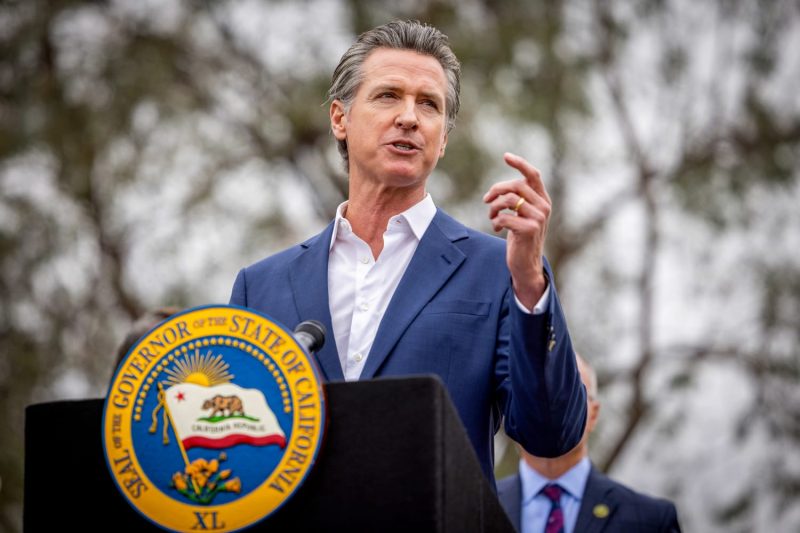In the constantly evolving landscape of environmental incentives and policies, California Governor Gavin Newsom’s recent announcement has been a topic of hot discussion among society and economy stakeholders alike. When federal directives seem to conflict with the state’s environmental ethos, the governor has vowed to take a distinctive action to compensate for it. Gov. Newsom has come forward with a promising proposal to provide rebates to residents if the Trump administration removes the electric vehicle (EV) tax credit.
Among the multiple initiatives taken globally to protect the environment, Electric Vehicles (EVs) are deemed significant with regards to reducing carbon emissions. As a measure to promote the use of Electric Vehicles, the United States Government had earlier instated an EV tax credit. The Trump administration, however, has proposed discarding this tax credit system. This movement has the potential of slowing down the transition to electric vehicles.
California, a state renowned for its progressive environmental policies, strongly believes in promoting clean energy and has always been an advocate of Electric Vehicles. Thus, this recent announcement by Governor Newsom aims to counteract the decision by the federal government, thereby continuing to encourage California residents to opt for cleaner and greener modes of transport. This plan underscores Newsom’s commitment to reducing greenhouse gas emissions in California, which will be beneficial not only for the residents of the state but for the entire ecosystem.
Governor Gavin Newsom stated, If the Trump administration seeks to end the federal tax incentive program for electric vehicles, we will endeavor to replace it with state-based incentives. His statement reveals a clear determination to fill the void potentially left by the Trump administration’s proposal to eliminate the federal EV tax credits.
Newsom’s commitment extends beyond mere rhetoric as he has constantly demonstrated actions that mirror his pledge. Notably, the governor has also presented a goal of putting at least 5 million zero-emissions vehicles on California’s roads by 2030. This communicates California’s priority to combat climate change with a deep focus on reducing its carbon footprint.
The implications of this proposal are not just environmental, but significant economic factors are also entwined. Such incentives can undoubtedly boost the Electric Vehicle market. Moreover, these rebates will be economically beneficial to consumers who wish to purchase EVs, providing a financial incentive for adopting more environmentally friendly travel alternatives.
The divisive decision to remove the EV tax credit system undoubtedly brings its share of criticisms and concerns. Nevertheless, figures like Governor Newsom strive to maintain an equilibrium between environmental concerns and the interests of their citizens. As the tussle over green incentives continues, initiatives and propositions such as these serve as a testament to the relentlessness of states and individuals committed to promoting cleaner, healthier environments.
To sum up, Governor Newsom’s decision to provide rebates to residents if the Trump administration removes the Electric Vehicle tax credit is an act of defiance against regressive environmental decisions and a significant step towards ensuring a greener future. This strategy is about much more than just vehicles – it’s about communal determination to protect and preserve the planet. For California and its people, the road ahead appears to be green.
